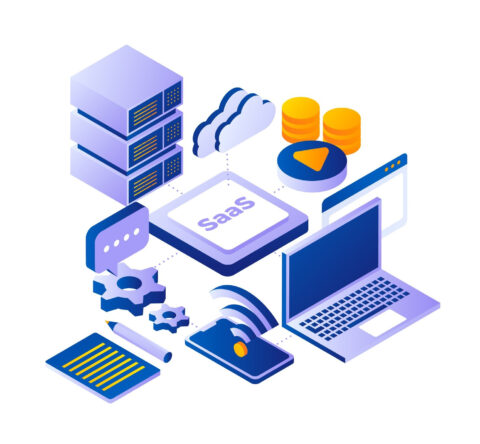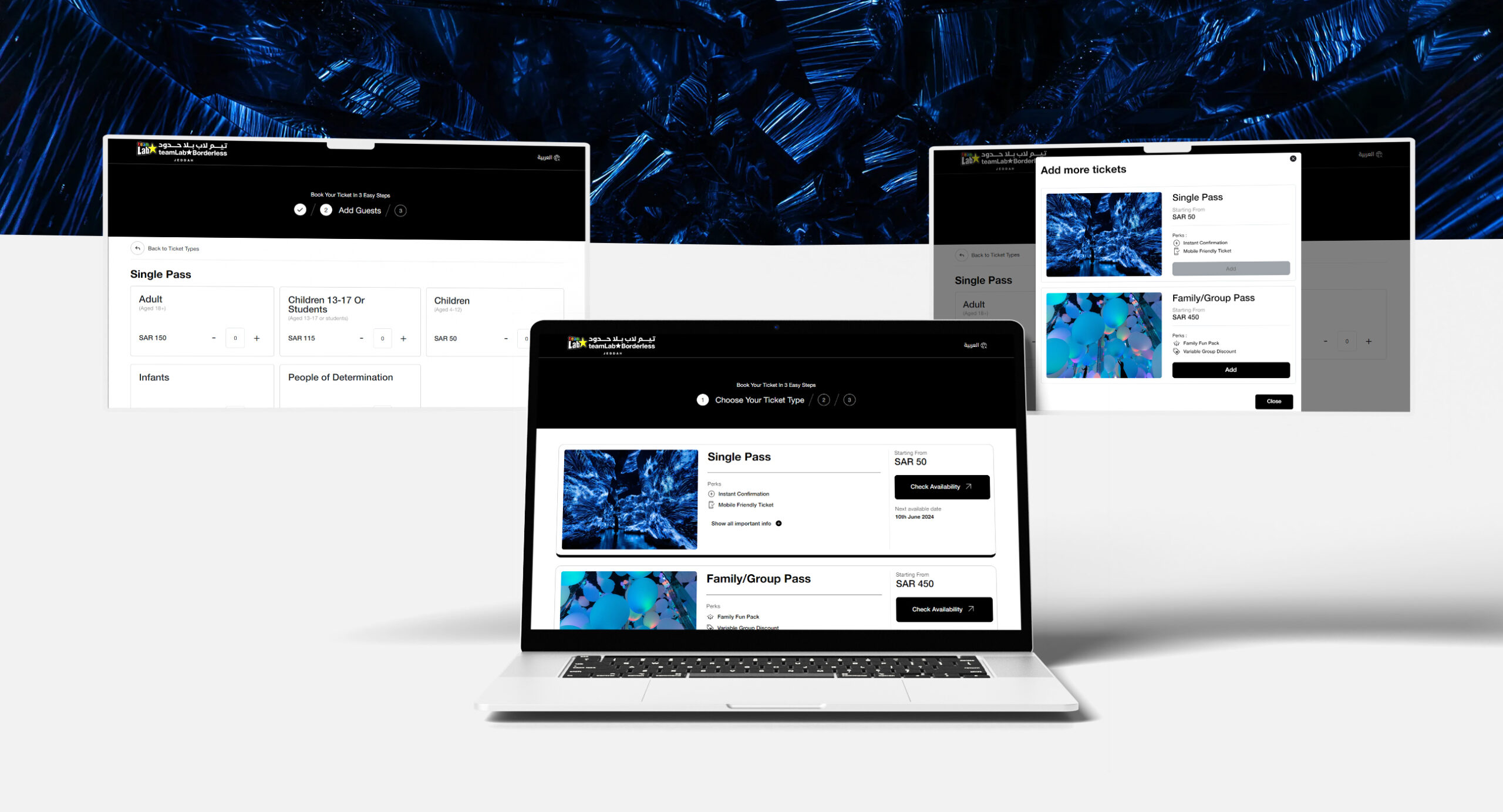No-code and low-code software development have seen steady growth over the past year and it seems like these tools will continue to drive application development this year as well. With more businesses adopting these low code development platforms, what are they and are they truly the future of app development? Here’s what we think.

What is Low-Code and No-Code Development?
Low-code no-code (LC/NC) application development is an approach that which little to no coding is needed to build applications. Low-code no-code platforms will typically have logic or drag-and-drop features that are easy to understand instead of complex coding languages. Professional and non-professional developers, or “citizen developers”, can create applications for businesses with these low code development tools.
The Advantages of Low-Code and No-Code
The benefits of no code low code platforms include the fact that they are:
Agile
The business landscape is constantly evolving as customer needs fluctuate. With LC/NC platforms, businesses can easily adapt and make application changes immediately. With low code no code platforms, applications can be tweaked to take advantage of market opportunities. In short, agile no code application development can act as a catalyst for digital transformation.
Cost-Efficient
Unlike traditional coding, LC/NC application development gives businesses the opportunity to shorten the software development cycle, carry out maintenance at minimal cost, and have no need to hire expensive, expert software developers. No-code and low-code pricing will range from platforms that are free or have monthly fees but they are typically more affordable than hiring a professional developer.
Increased Productivity Levels
When businesses invest in LC/NC development, it speeds up the software development process. Not only is the application development process easy, updating applications to fit business and consumer needs and they evolve is efficient. Developer productivity levels will increase with low-code and no code application development
Customizable
When current features are in need of a change or there are new features that your business wants to have, no code app development platforms are often used because they allow customization. There is an extensive selection of templates that developers can choose from. As for low-code application development platforms, there are pre-built components that allow some customization which means that they are less flexible than their no-code counterpart.
Take Advantage of Internal Resources
LC/NC development platforms are for everyone. Businesses can take advantage of the people they already have and reduce their dependency on DevOps teams by training and creating citizen developers. These low code development tools also allow collaboration between IT, software development, and citizen developers from other departments.

Popular Low-Code and No-Code Platforms
The best no code and low code development platforms to look into include:
Visual LANSA
Development teams will see an increase in productivity with this platform. Compared to other low code application development platforms, Visual LANSA allows expert developers control and efficiency in creating applications.
Zoho Creator
A low code application development platform for mobile, this cross-platform builder is time-efficient. For businesses looking for an option that involves menial coding, Zoho Creator is flexible for mobile application development.
GeneXus
This software generates applications that businesses and consumers need now and in the future without needing to learn about every new technology that emerges. GeneXus is a platform that allows expert and citizen developers to respond to the evolving market and technological changes as they occur.
Appian
As an automation platform, businesses can take advantage of low code no code platforms. With intelligent automation, smart applications are secure and an asset to businesses.
OutSystems
Developers can build mobile and web applications that are scalable and easily integrated into any system. Editing built applications are made easier with OutSystems.
Salesforce
This tool offers businesses the ability to add components to applications with no traditional code. Businesses can take advantage of standard and custom components depending on their application needs. Another advantage of Salesforce is that companies can easily hire Salesforce developers through HTD agencies like Smoothstack.
Webflow
Another tool that requires no code development is Webflow. This is an in-browser tool where you can design, build, and launch responsive sites.
Bubble
This no code application development platform and programming tool also run on a drag-and-drop interface. Applications are built from scratch in a web browser.
Airtable
As a low code app development platform, Airtable is a powerful option to build collaborative applications. This is an online platform that is user-friendly and is typically the go-to for relational database creation and sharing.
Retool
This LC/NC app is ideal for customizing business applications’ structure and look. Retool is ideal for businesses that are looking to build internal tools quickly.
Microsoft Power Apps
As a low code application development platform, Power Apps has pre-defined templates that make it easy for developers to design apps. It has a point-and-click structure that allows web-based apps to be built and compatible with different devices.
Mendix
This app development platform is low-code and can be used to develop applications for any device. Known for its offline working capability option, application development is easy for both professional and citizen developers.
Low Code No Code platforms are the Future
While IT, software development, and DevOps teams are integral to businesses, there is no denying that no code low code platforms are powerful tools that we will see more of. Expert developers will still be able to provide businesses with custom and thoughtfully build applications but the future of no-code is bright as LC/NC platforms become a part of the workplace and there is a rise in citizen developers.
For any no code and low code development projects, connect with GTECH
Related Post
Publications, Insights & News from GTECH








